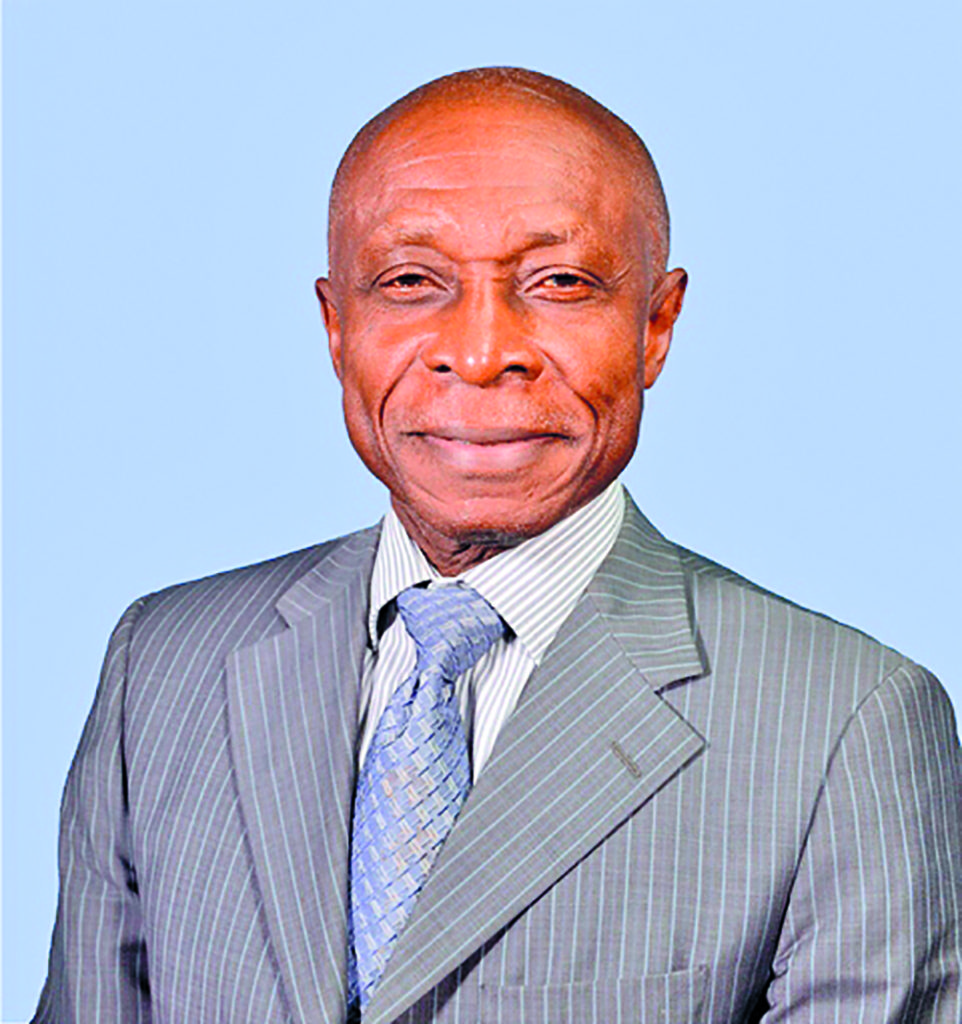Guyana-Venezuela border controversy case
– to notify parties in 2 weeks’ time
The International Court of Justice (ICJ) is expected to set various timelines by which Guyana and Venezuela will have to make their respective submissions in the border controversy case.
This was the outcome of a case management conference held on Friday. It was a virtual private hearing and was presided over by newly elected ICJ President, United States Judge Joan Donoghue.
Guyana was represented by Agent Carl Greenidge and Co-Agents Sir Shridath Ramphal and Audrey Waddell along with international lawyer Paul Reichler and from the Foreign Affairs Ministry, Permanent Secretary Ambassador Elisabeth Harper and Attorney Onika Archer.
While the World Court has already established that it has jurisdiction to hear the substantive case, Venezuela continues to maintain that the World Court has no jurisdiction to hear the matter. Despite this, however, a team from the Spanish-speaking nation was present during Friday’s hearing.

Venezuela’s representatives included Vice President Delcy Rodríguez and Foreign Minister Jorge Arreaza as well as the country’s Attorney General and a British lawyer.
When contacted by Guyana Times for the outcome of the case management conference, Greenidge related that the meeting went well and the two sides were given the opportunity to speak.
“The Court is now going to retire and the President will take to the other Judges [on the ICJ panel] the discussions, and make recommendations to them about how long each of the two sides should be given to prepare their submissions,” he noted.
This newspaper was further told that while Guyana would have asked for less than a year, Venezuela has requested almost two years’ time.
Nevertheless, Greenidge said that they are expecting these timelines within the next two weeks.
“The Court will choose and make a decision [on the timelines] … But we hope to have the decision within a week or so. We hope that the Court will notify us within a week or so,” the Agent on the Border case posited.












